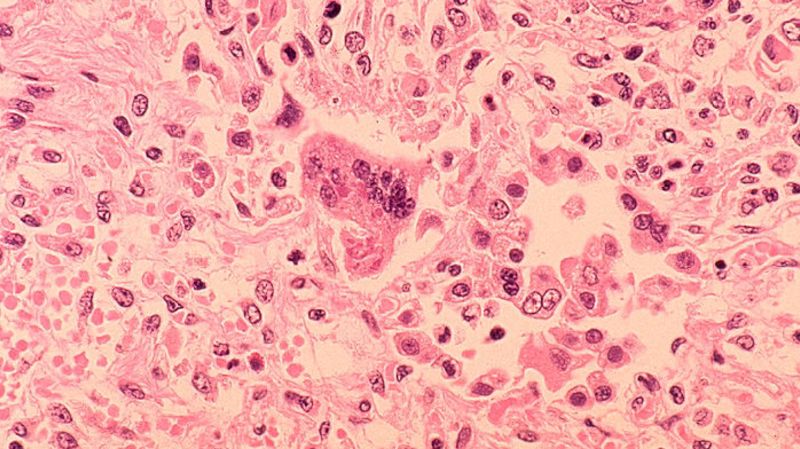Penn State Health Gender-Affirming Care Changes Spark Outrage: Protests Erupt Across Pennsylvania

Harrisburg, PA – Demonstrations erupted across Pennsylvania on Friday evening as concerned groups voiced their strong opposition to recent changes in gender-affirming care policies at Penn State Health and other healthcare systems in the region. The protests, drawing crowds of passionate advocates, patients, and allies, highlight growing anxieties about access to vital medical services for transgender and gender non-conforming individuals.
The core of the dispute lies in modifications to the support offered for gender-affirming care, which includes a range of medical, psychological, and social services designed to help individuals align their gender expression with their internal identity. While Penn State Health hasn't released comprehensive details of all changes, reports indicate a tightening of eligibility criteria and a reduction in the scope of services provided. This has sparked fears that vulnerable populations will be denied or delayed access to potentially life-saving care.
“These changes are a direct attack on the health and well-being of transgender people in Pennsylvania,” stated Sarah Miller, a protest organizer and spokesperson for TransLocal Voices. “Gender-affirming care isn't just about surgeries; it’s about mental health support, hormone therapy, and navigating a world that often isn’t accepting. Limiting access to this care will have devastating consequences.”
The protests weren't limited to Harrisburg. Similar demonstrations took place in Philadelphia, Pittsburgh, and smaller towns throughout the Commonwealth. Participants carried signs and chanted slogans demanding that Penn State Health and other healthcare providers reverse their course and reaffirm their commitment to inclusive and comprehensive care.
Healthcare professionals have also expressed concerns. Dr. Emily Carter, a psychologist specializing in gender identity, emphasized the importance of early intervention and ongoing support. “Denying or delaying gender-affirming care can lead to increased rates of depression, anxiety, and suicide among transgender youth and adults,” she explained. “Healthcare systems have a responsibility to provide evidence-based care that meets the needs of all patients.”
Penn State Health has released a brief statement acknowledging the concerns but defending its decisions as necessary to ensure patient safety and adhere to evolving medical guidelines. However, critics argue that the changes were implemented without sufficient community consultation and that the rationale behind them is unclear.
The situation is unfolding against a backdrop of increasing political polarization surrounding transgender rights. Several states have enacted or are considering legislation restricting access to gender-affirming care, particularly for minors. Pennsylvania, while not currently facing such legislation, is closely watching developments elsewhere and the actions of its own healthcare providers.
The protests are expected to continue in the coming weeks, with organizers vowing to maintain pressure on Penn State Health and other institutions until they reinstate comprehensive gender-affirming care services. The outcome of this dispute will have a significant impact on the health and well-being of transgender and gender non-conforming individuals across Pennsylvania, and serves as a stark reminder of the ongoing fight for LGBTQ+ rights and healthcare equity.



:max_bytes(150000):strip_icc():focal(660x167:662x169)/John-Daly-of-the-United-States-grabs-a-club-on-the-12the-fairway-during-the-Hoag-Classic-2025-050825-b1d045e43ab24479b568874856d6c729.jpg)


